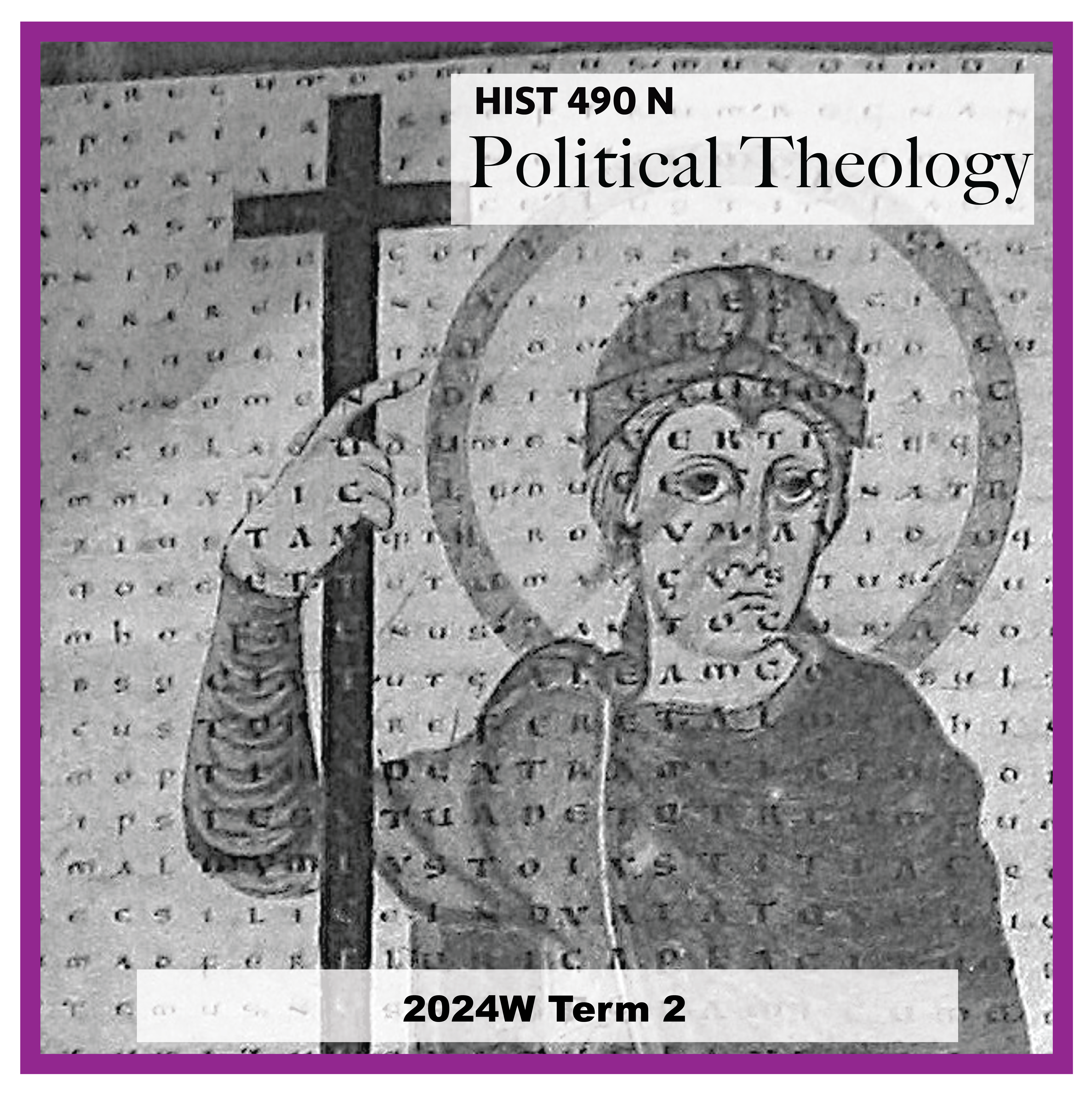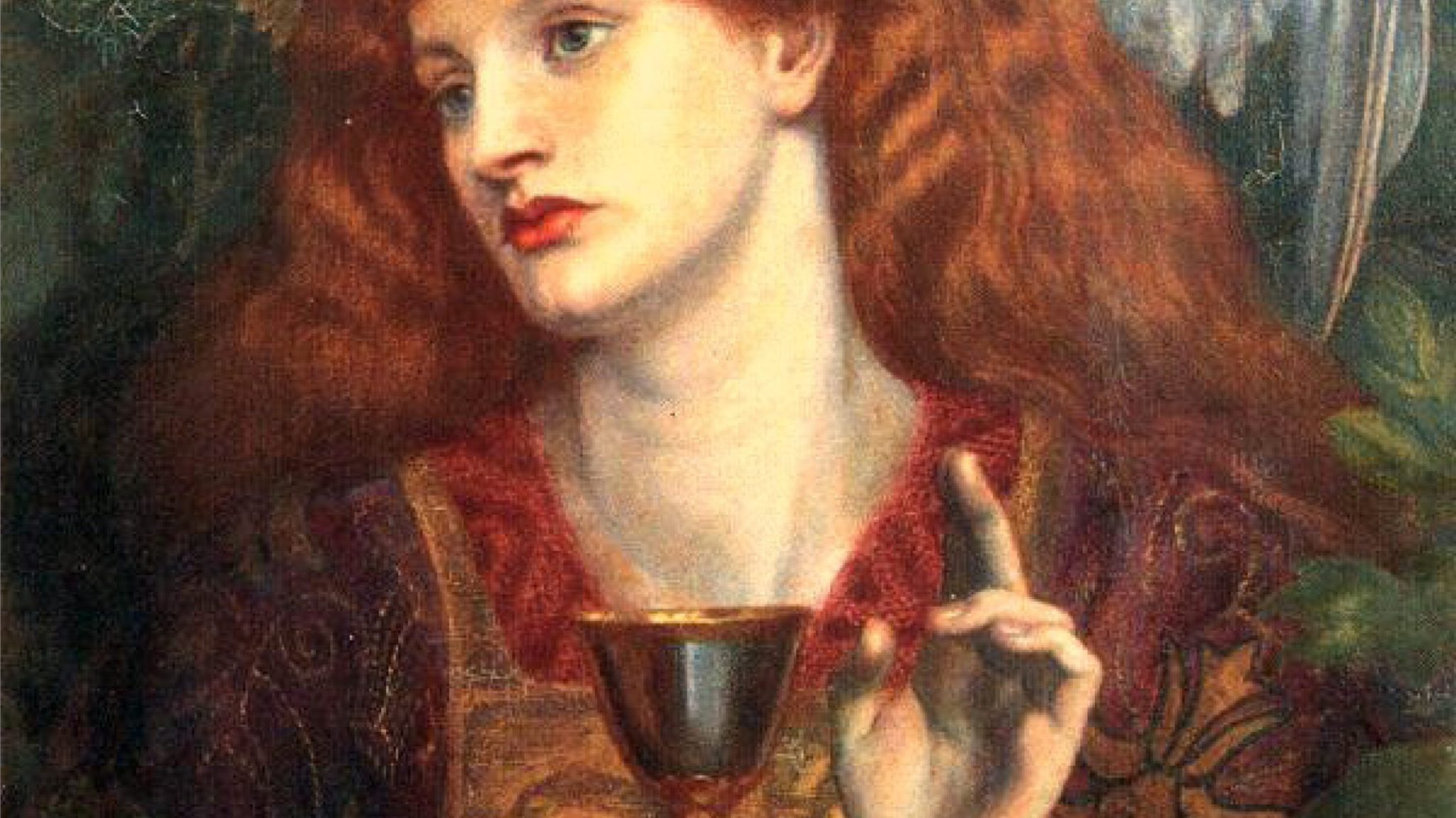

In this seminar, we will explore the influence of Augustine on early medieval writers and their texts that shaped western European ideas about politics and power, agency and institutions, sin and salvation. While Augustine may have shown that the terrestrial and spiritual worlds were indiscernibly intertwined, and thus no clear connection between them could be drawn or made to serve as the basis for any politics, nevertheless in practice a post-Constantinian convergence and accommodation of Christianity and the Roman state actually continued with sometimes more, sometimes less vigor well into the Middle Ages, ironically often doing so in Augustine’s holy name. The gradual sacralization of the state eventually reached one of its two apices with Charlemagne’s theocentric kingship, a sovereignty that would soon be appropriated and exercised by a secularized papacy. As we survey this process, we will test the validity of the famous dictum by the notorious twentieth-century political philosopher Carl Schmitt that “all significant concepts of the modern theory of the state are secularized theological concepts.”


